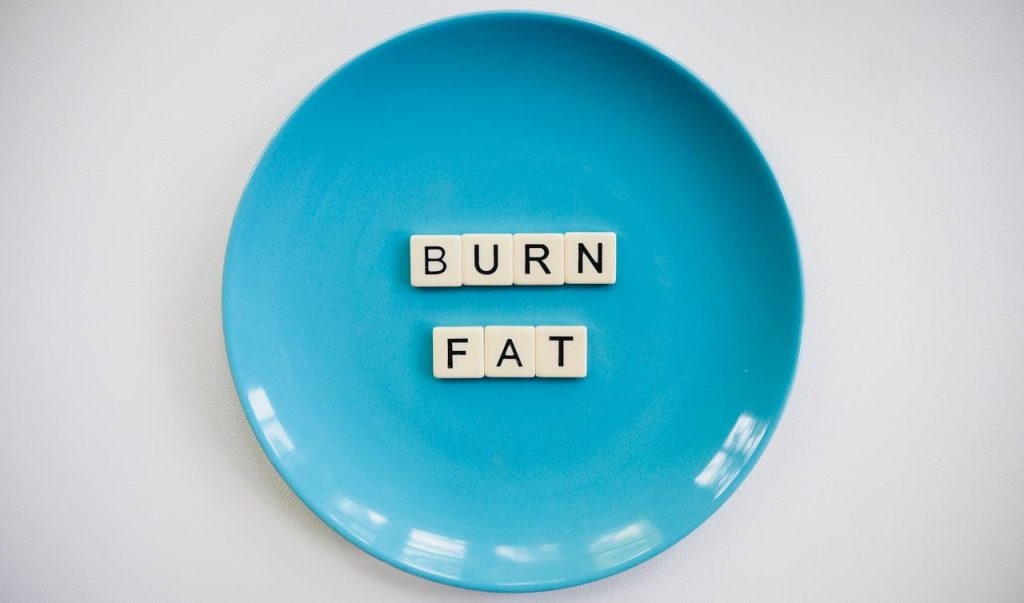
Have you ever been on a weight loss journey, feeling like you’re making great progress, only to suddenly hit a wall? That frustrating moment when the scale refuses to budge can throw your motivation out the window. If you’ve found yourself wondering how many weeks is considered a weight loss plateau, you’re not alone. Many people experience this phenomenon at various points in their fitness endeavors.
But what exactly does it mean to hit a plateau? Is it something to worry about or just part of the process? This blog post will dive into the intricacies of weight loss plateaus and help you understand why they happen, how long they may last, and what factors might be at play. Let’s explore this common roadblock together so you can continue on your path toward achieving your goals!
How many weeks is considered a weight loss plateau?
A weight loss plateau is typically identified when you’ve stopped seeing progress on the scale for a period of time. While there’s no strict rule, many experts agree that two to four weeks without any change can signal a plateau. During this time, despite maintaining your diet and exercise routine, your body may seem unresponsive.
Each person’s journey is unique; some might experience plateaus sooner or later than others. Factors such as age, metabolism, and overall health play significant roles in how quickly one might hit this wall.
It’s important to remember that hitting a plateau doesn’t mean failure. It simply reflects that your body has adapted to the changes you’ve made so far. Understanding where you stand can empower you to make necessary adjustments moving forward.
Understanding weight loss plateaus
Weight loss plateaus can be frustrating, but they are a common part of the weight loss journey. When individuals first start losing weight, their bodies may respond quickly to changes in diet and exercise. However, as time goes on, progress can stall, leaving many confused and discouraged.
A plateau occurs when your body adapts to new routines or caloric intake levels. This adaptation makes it more challenging for further weight loss to occur despite continued efforts. Hormonal changes and metabolic adjustments play significant roles in this process.
Understanding that plateaus are normal helps create a realistic perspective on your weight loss goals. Recognizing that these periods often lead to long-term success allows you to approach them with patience rather than frustration.
The reasons behind your weight loss plateau
Weight loss plateaus can be frustrating, but understanding the reasons behind them is crucial. One common factor is your body’s natural adaptation to a calorie deficit. As you lose weight, your metabolism may slow down, making it harder to shed those last few pounds.
Another reason could be changes in muscle mass. When you exercise, especially with strength training, you might gain muscle while losing fat. This shift can cause fluctuations on the scale that don’t accurately reflect your progress.
Lifestyle factors like sleep and stress play a significant role in weight loss journeys. Poor sleep habits or high-stress levels can impact hormones related to hunger and metabolism. By recognizing these influences, you can better navigate through this challenging phase of your journey.
What causes a weight-loss plateau and why do they happen?
Weight-loss plateaus can be frustrating, but understanding their causes is key. One major factor is metabolic adaptation. As you lose weight, your body becomes more efficient at using energy, which means it may require fewer calories to maintain its new weight. This shift can slow down further progress.
Hormonal changes also play a significant role in plateaus. When you cut calories or increase physical activity, hormones like leptin and ghrelin fluctuate. Leptin decreases appetite while ghrelin increases it; imbalances can lead to cravings and hinder further weight loss.
Lifestyle factors such as stress and sleep quality cannot be ignored. Stress can elevate cortisol levels, leading to increased fat storage and hunger signals. Likewise, insufficient sleep affects metabolism negatively—both contribute to stalling your efforts on the scale.
Is it normal to hit a weight-loss plateau?
Hitting a weight-loss plateau is a common experience for many individuals on their fitness journey. It can feel frustrating, especially after witnessing steady progress initially. However, it’s essential to recognize that this phase is entirely normal.
The body is incredibly adaptive. When you lose weight, your metabolism may slow down as it adjusts to the new you. This means that what once worked might not be effective anymore, leading to those stubborn numbers on the scale.
Understanding that plateaus are part of the process can help reduce anxiety and keep you motivated. Rather than viewing it as a failure, think of it as an opportunity to reassess your strategies and goals in your weight loss plan.
How long can a weight-loss plateau last?
A weight-loss plateau can last anywhere from a few days to several weeks. It often varies for each individual, depending on factors like metabolism, diet, and exercise routines. While some may experience a brief stall in their progress, others might find themselves stuck for longer periods.
Research suggests that plateaus lasting around three to six weeks are common during weight loss journeys. This stagnation can be frustrating but is often part of the body’s natural adjustment process as it adapts to new habits and changes in energy expenditure.
Understanding that plateaus are not permanent is crucial. They typically indicate your body needs time to recalibrate itself before moving forward again. Patience and persistence are key during these phases; they won’t last forever if you keep making healthy choices.
Can anxiety or stress cause weight-loss plateaus?
Anxiety and stress can significantly impact your weight loss journey. When you’re under pressure, your body produces cortisol, a hormone that influences appetite and metabolism. Elevated cortisol levels may lead to cravings for unhealthy foods, making it hard to maintain healthy eating habits.
Moreover, stress often affects sleep quality. Poor sleep can slow down metabolic processes and hinder recovery after workouts. This combination can contribute to stagnation in weight loss progress.
Additionally, mental fatigue from anxiety might reduce motivation for exercise or meal prep. As routines become disrupted by emotional strain, hitting a plateau becomes more likely. Recognizing the connection between mental health and physical outcomes is vital for overcoming these challenges effectively.
Dealing with a weight loss plateau
Dealing with a weight loss plateau can be frustrating, but it’s essential to approach it with patience and strategy. First, assess your current routine. Sometimes small adjustments in diet or exercise can reignite progress. Consider tracking your food intake more closely or varying your workouts to challenge different muscle groups.
Focus on building healthy habits rather than just the scale number. Incorporating mindfulness practices such as yoga or meditation can help reduce stress, which may play a role in plateaus. Additionally, ensure you’re getting enough rest; sleep is crucial for recovery and hormonal balance.
Remember that weight loss isn’t always linear. Celebrate non-scale victories like improved energy levels or better-fitting clothes. Engaging with a support group or finding an accountability partner could also provide motivation during tough times.
Stay committed to your goals while being kind to yourself through this journey of ups and downs. Each person’s body reacts differently, so trust the process and allow time for changes to occur naturally.

I’m an enthusiast of digital finance and online entertainment, with extensive experience in the worlds of cryptocurrency, sports betting, and casino gaming. My mission is to provide readers with reliable information to help them make informed decisions in the realm of online gambling and digital investments. On this blog, I share the latest trends, platform reviews, and tips for safe and responsible gaming.
More Stories
How to determine percentage of weight loss?
What is the best injection for weight loss at home?
Is beef jerky good for weight loss?